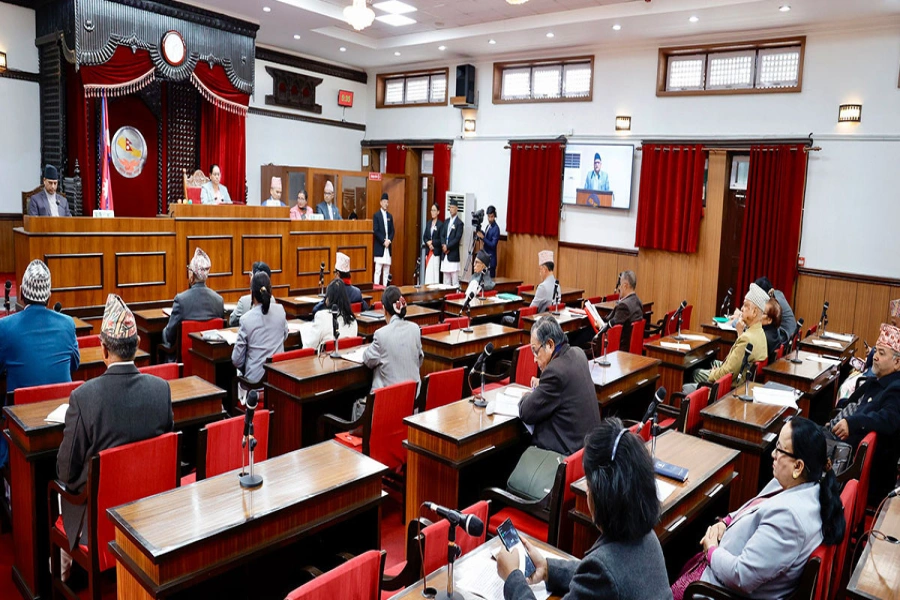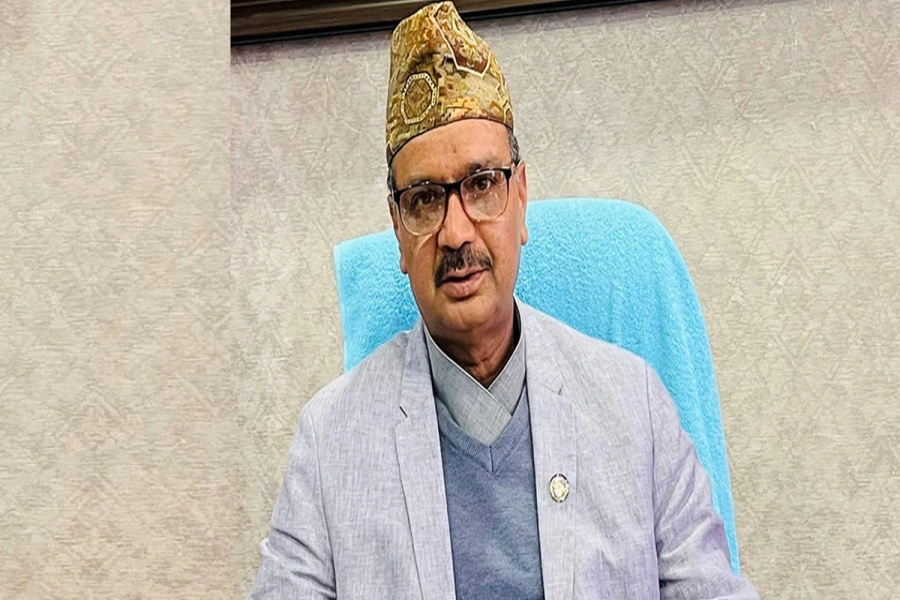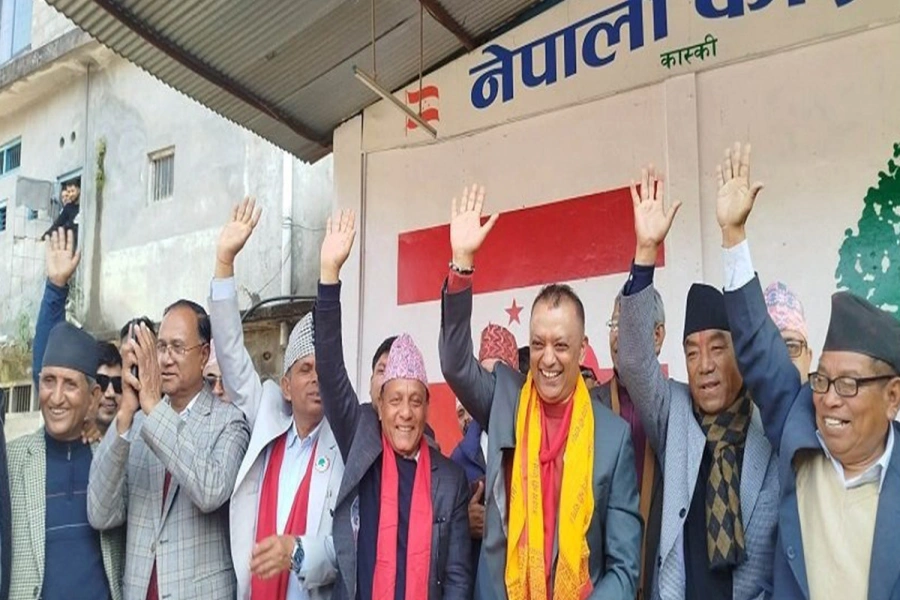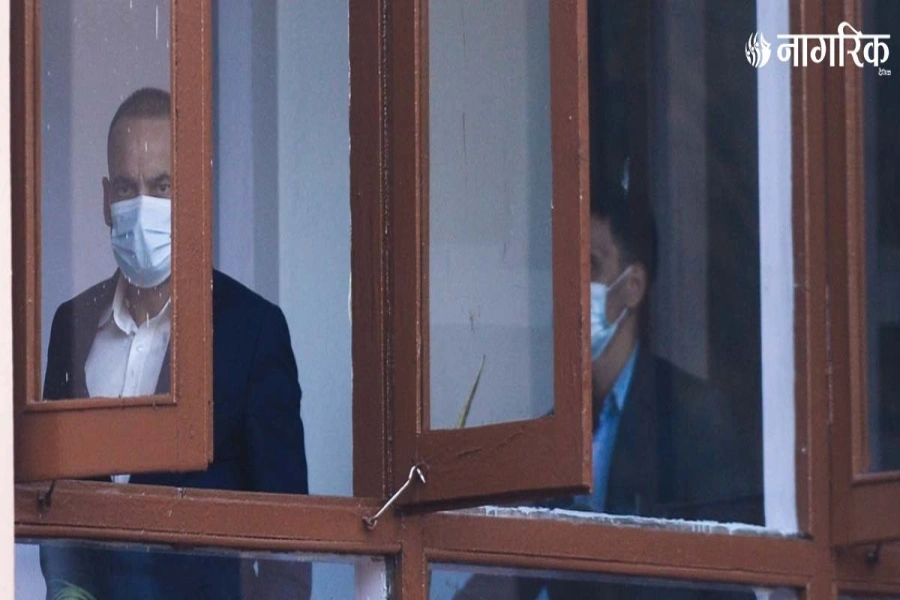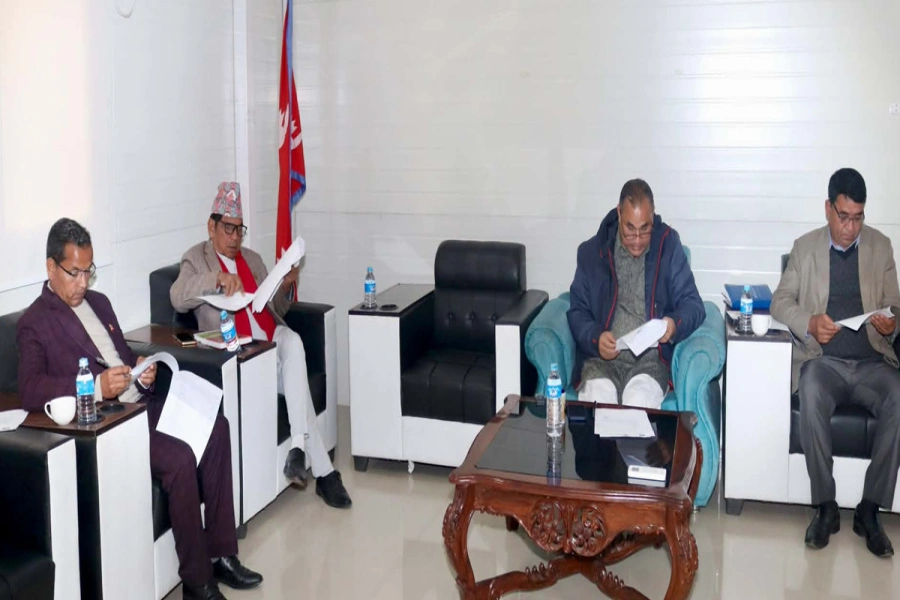Of late, the divorce rate has witnessed an unprecedented rise in Nepal. According to data provided by the Supreme Court, over 40,000 couples filed for divorce across the country in the fiscal year 2022/23 alone. Analysis of this data reveals that, on average, 111 couples filed for divorce daily at courts across the country during the review year. The data also demonstrates a surge in the number of women filing for divorce.
In the past, women shied away from divorce as it was considered a stigma, leading to shame and judgment from society. A deeply patriarchal society, financial dependence, societal pressures, and lack of education propelled many women to stay on in unhappy marriages. However, today, with women becoming independent, educated, and increasingly aware of their rights, a growing number of women are filing for divorce.
Undeniably, women have usually been victims since the times immemorial, suffering at the hands of their husbands and in-laws. From being mentally and physically tortured for dowry to being confined within the four walls of the kitchen to the denial of their right to study and work, history has been a witness to the huge injustice meted out to women. The suppression that persisted for a long time birthed a wave of gender equality movement, resulting in the enactment of various laws across the world to protect women from injustice.
Dramatic surge in number of men seeking divorce in Rupandehi

Nepal has also passed several laws with the purpose of safeguarding women’s rights. In lieu of this, divorce law in Nepal has a provision that entitles women to claim 50% of not only their husband’s property but also parental property. It goes without saying that the law is heavily tilted toward women. The socioeconomic conditions of women in Nepal necessitated such legal arrangements in the past, but now the world has been witnessing massive transformation with changes in gender roles and expectations.
Females today are financially independent, more educated, and increasingly aware of their rights. However, this awareness of rights seems to be a double-edged sword, with a rising number of more aware nefarious women using the law to fulfill their material pursuits. The divorce law acts as a shield for real victims who have been subjected to harassment and violence. However, for wives driven by immoral compasses, divorce laws have been wrongly used as a measure to obtain astronomical wealth from their innocent husbands. Recently, there have been several cases surfacing on social media where innocent husbands put an end to their lives due to the inability to cope with harassment inflicted upon them by their wives and in-laws. Likewise, there has been a rapid surge in cases of many men feeling compelled to stay in unhappy marriages due to the fear of losing their own as well as ancestral property. In some cases, it is also seen that some women get married with the sole intention of obtaining a partition share.
The legal arrangement where wives can claim not only marital property but also parental property irrespective of their wrongdoing is a big loophole in our legal system. Not only this, but if a wife wants, she can send her husband and other family members to prison by levying false allegations, but there is no such legal provision for a man.
Though divorce laws in Nepal have undergone some transformation, including the enactment of the National Civil Code (2017), which allows husbands to file for divorce, many measures are yet to be undertaken. The blind provision of providing a 50% share to wives irrespective of their wrongdoing still persists, which must be abolished. Equality of rights should not be merely a female’s territory in divorce law; it should be inclusive, amounting to equal protection for males.
It has become imperative more than ever to protect innocent souls from this huge injustice. Generalizing cases by assuming that victims are women only poses grievous perils to men who have been suffering at the hands of their immoral wives. If, due to the shortcomings of the law, even a single person suffers, such a law cannot be considered fair. Divorce law in Nepal is clearly devoid of justice and fair treatment principles, as it is not only men who are denied justice but also their poor parents who end up losing their hard-earned property to their wicked daughters-in-law.
Society is transforming, and laws are being revised across the world so that citizens’ rights and dignity are protected. But how about delving deep into our own system and bringing transformation in divorce laws, making them more inclusive and equal, and also recognizing that husbands can also be victims? Along with this, ancestral property must be safeguarded during divorce proceedings to prevent unjust loss. There should also be a provision of providing stricter punishments for nefarious wives in order to discourage potential fake victims. Moreover, the legal process must be expedited efficiently and effectively.
Society is evolving, and circumstances change over time, and for laws to be relevant, they must incorporate those changes and address the needs of society. The need of the hour is to make our laws stricter and more equitable in a way that no evil mindsets walk away with unfair advantages. Laws are meant to protect the rights of humanity, and any law that shields nefarious mindsets must be abolished. If the purpose of the law is justice, then divorce law must be reformed to achieve a fair outcome for all the parties involved.


